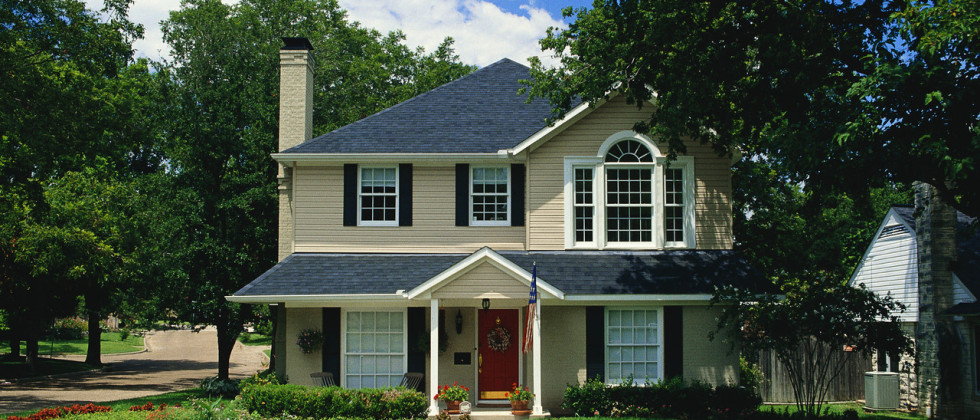
Auto
Bodily Injury Coverage
If you are at-fault for an automobile accident, bodily injury coverage on an auto insurance policy pays the medical expenses and additional damages that you are liable for any individuals injured in the accident.
Comprehensive Coverage
This is coverage that pays for damages to your vehicle resulting from a covered loss other than a collision, such as fire, theft, vandalism or contact with persons, animals, birds or falling objects.
Collision Coverage
This is coverage that pays for physical damage to your vehicle caused by rolling over or a collision with another vehicle or object, such as a building, fence or telephone pole.
Uninsured/Underinsured Motorist Coverage
This is coverage that pays for your bodily injury and related medical expenses when you're injured in an automobile accident and the responsible party (other than yourself) doesn't have adequate or no auto insurance or if you can't locate the responsible party (hit-and-run.)
Uninsured Motorist Property Damage
If you don't have Collision Coverage, this is coverage that pays for damage to your auto when it's caused by the responsible party who doesn't have insurance to cover those damages.
Medical Payments Coverage
This is coverage that pays for reasonable medical expenses or death benefits to you or anyone covered under your policy in the event of an auto accident, regardless of fault.
Towing/Roadside Assistance Coverage
This coverage will reimburse you for towing and labor costs at the site of breakdown when a covered vehicle is disabled.
Deductible
The portion of a covered loss which you are responsible for as opposed to the portion your insurance company pays. Higher deductibles offer you lower premiums, as you assume a higher degree of risk.
Rental Reimbursement Coverage
This coverage will reimburse you if you need to rent a vehicle to replace yours while it's in the shop for repair.
Home
Coverage for Property and Possessions
Generally, dwelling coverage is based on replacement cost, which means that in the event of a total loss, the policy will provide reimbursement up to the policy limit, to replace the structure. Ideally, a homeowner should buy enough insurance to completely rebuild the home, known as replacement value. This figure may not be the home's actual market value or what the owner originally paid for the home. This is especially true in a depressed or an inflated market or if the home is simply not replaceable to its condition prior to the loss. Replacement cost policies, which may pay over the policy limit to rebuild the home, may be available from your insurance company.
Coverage for personal property is different. Most policies provide actual cash value coverage for contents which includes depreciation, or full value contents with depreciation. Actual cash value means that if a power surge blows out a 10-year-old television, the homeowner should know what to expect. Unlike full value contents coverage, which would essentially provide a new television, actual cash value coverage allows the insurance company to calculate the useful life of the item and then depreciate the item to present value. A depreciated 10-year-old television would be insured for only a fraction of its original cost. A homeowner my want to consider replacement cost coverage to be sure that the contents are adequately insured.
Homeowners Liability Coverage
Liability insurance is very important to a homeowner's coverage because it helps protect the owner and the family from financial disaster if someone files a claim against the homeowner's policy, sues the homeowner or if the courts hold the homeowner legally responsible for someone else's injury or property damage. The standard liability limit for most policies is $100,000, but many people believe that additional protection is needed, especially if the homeowner has sizable assets.
Theft Off Premises
Most policies automatically insure against the loss of personal property even if that property is not on the insured's premises when it is lost. If one goes to the airport with several suitcases and they are stolen, this is probably covered.
Loss of Use
Another automatic benefit of which many homeowners are unaware is coverage for living expenses if the covered premises are damaged to the point of being uninhabitable. Not only should the policy pay for the cost to repair the damage to the dwelling, but it should also reimburse the homeowner for the additional expenses of living elsewhere while the repairs are being made.
Umbrella
Umbrella insurance policies provide extended coverage of liability protection beyond what is usually covered in most traditional homeowners, auto, and watercraft personal insurance policies. These policies are designed to protect owners against lawsutis for negligence in the event that an accident occurs and the owner is at fault. The umbrella policy will apply when other policies have been exhausted. Such polices can offer an additional one million to five million dollars in coverage.
It is important to thoroughly understand the benefits as wells as the limitations of liability insurance before considering an umbrella policy. Liability insurance covers the cost of legal representaion in the event of a negligence lawsuit. It also covers expenses such as lost wages, rehabilitiation therapy costs, as well as medical bills incurred by the person who suffers the injury. Most tradtional policies do not cover the full amount of liability, so umbrellas insurance is needed.
For example, if a driver were to get into an automobile accident and was found to be at fault, then most states would hold him or her accountable for any bodily injuries and/or property damage that might occur to the other driver. The driver at fault can be sued for these damages, and his or her personal assets might be put into danger. An umbrella insurance policy helps to protect the driver from such expenses in this type of case.
Individuals who are concerned about their risk might consider adding an umbrella insurance policy. Many umbrella policies can be obtained at a low cost and carry a wide range of advantages.

